Developing Concentration Addition Worksheets for Ages 3-7
5 filtered results
-
From - To
Welcome to our Developing Concentration Addition Worksheets designed for children ages 3-7! These engaging worksheets are perfect for nurturing young minds while building essential concentration skills. Each activity combines fun and learning, encouraging kids to focus and enhance their problem-solving abilities. Through vibrant visuals and interactive exercises, children will boost their addition skills in a playful environment. Our worksheets are easy to print and suitable for home or classroom use, fostering an enjoyable educational experience. Help your child develop strong concentration and math foundations as they embark on this exciting learning journey! Explore our resourceful materials and watch them thrive!
Developing concentration skills in children aged 3-7 is crucial for their educational and personal growth. During these formative years, children are naturally curious but often struggle with maintaining focus. By emphasizing concentration in addition-focused activities, parents and teachers can enhance their cognitive abilities, improve problem-solving skills, and promote positive learning experiences.
Improved concentration aids children in grasping mathematical concepts, as they learn to process information, follow instructions, and carry out tasks independently. Additionally, fostering concentration can lead to better behavior in classrooms and at home, as children learn to listen attentively and engage more wholly in their surroundings.
Moreover, concentration practices can be linked to longer attention spans, which is vital for success in school when working on various subjects simultaneously. When children learn to focus, they can experience a sense of accomplishment that boosts their confidence and encourages a love of learning.
Furthermore, instilling concentration skills early helps in coping with distractions in a technology-driven world. Thus, by prioritizing concentration in educational activities, parents and teachers lay a supportive foundation for lifelong learning, ensuring that children develop the resilience and focus necessary to thrive both academically and socially.

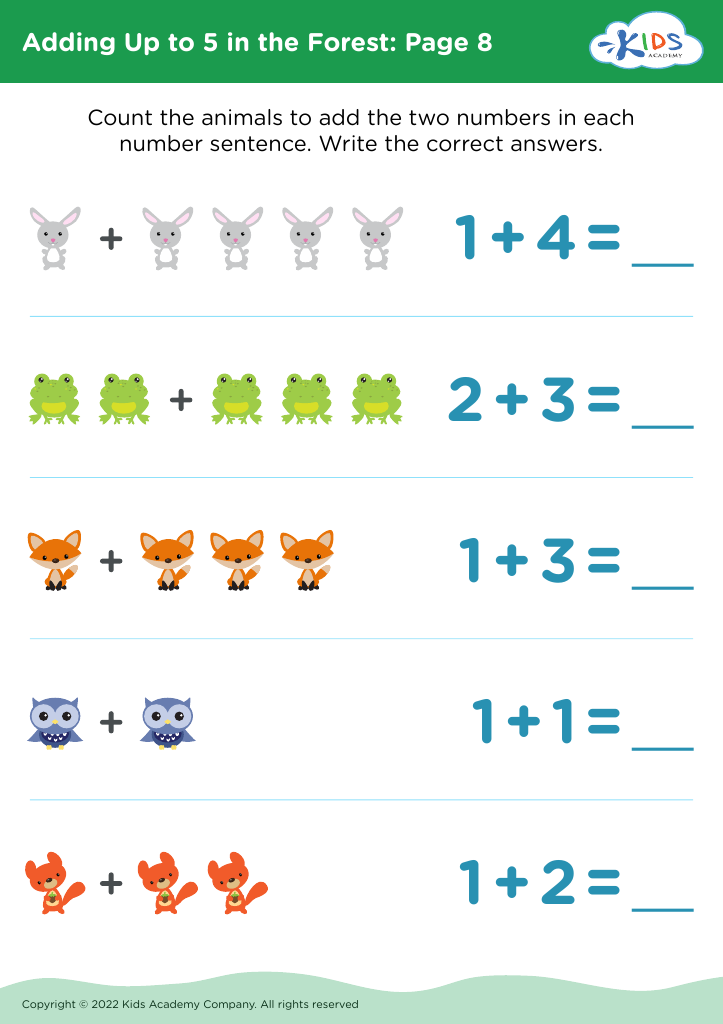
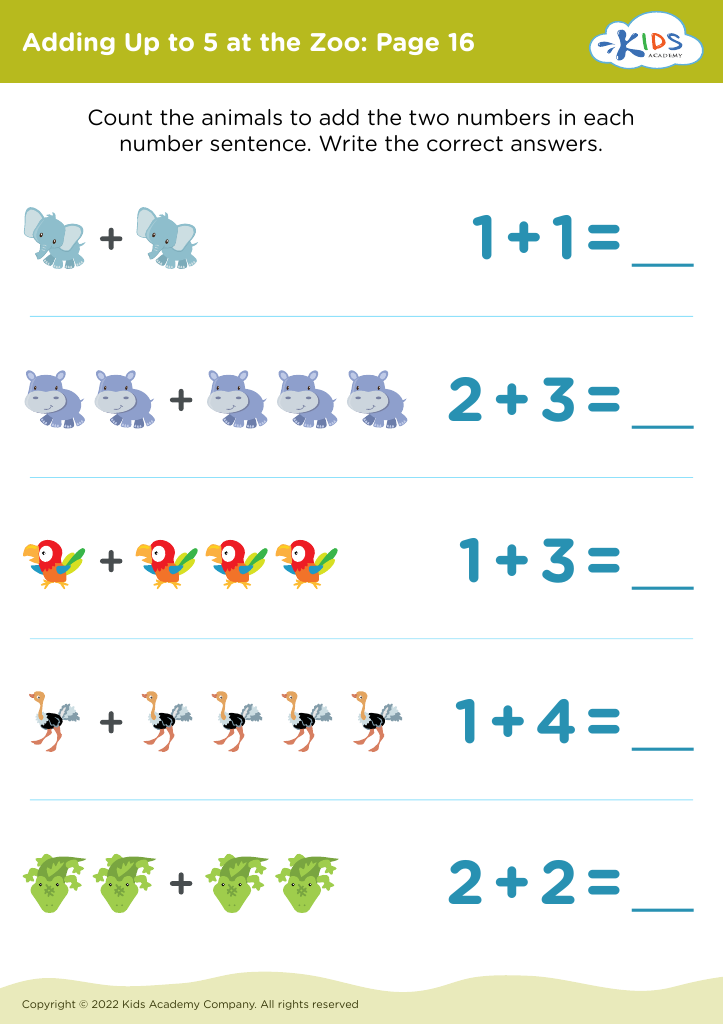
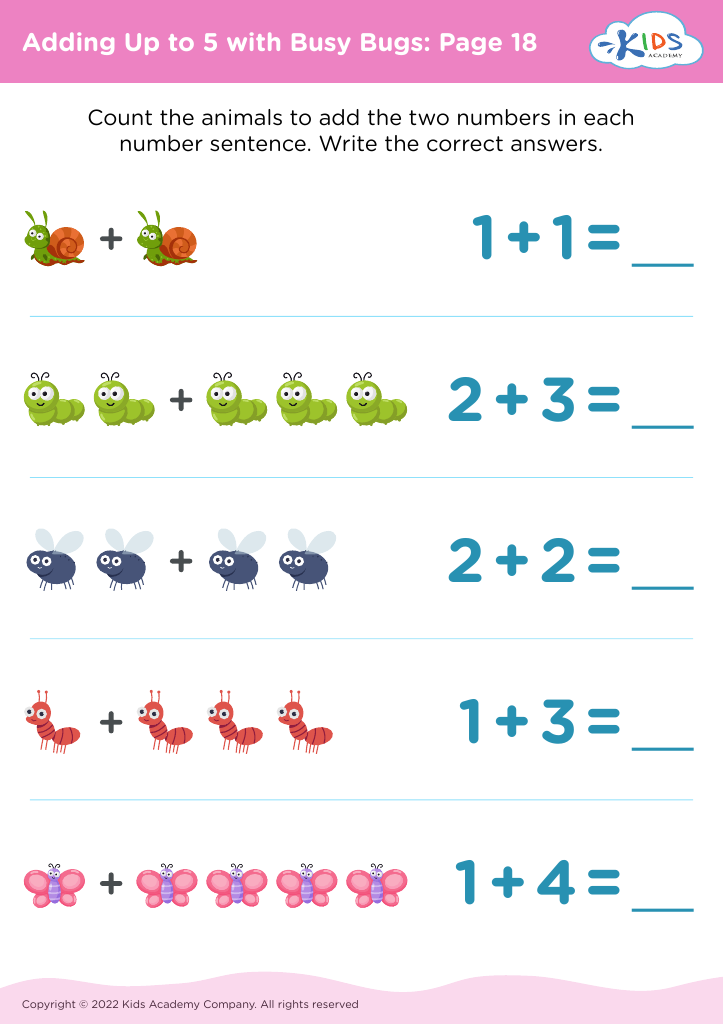
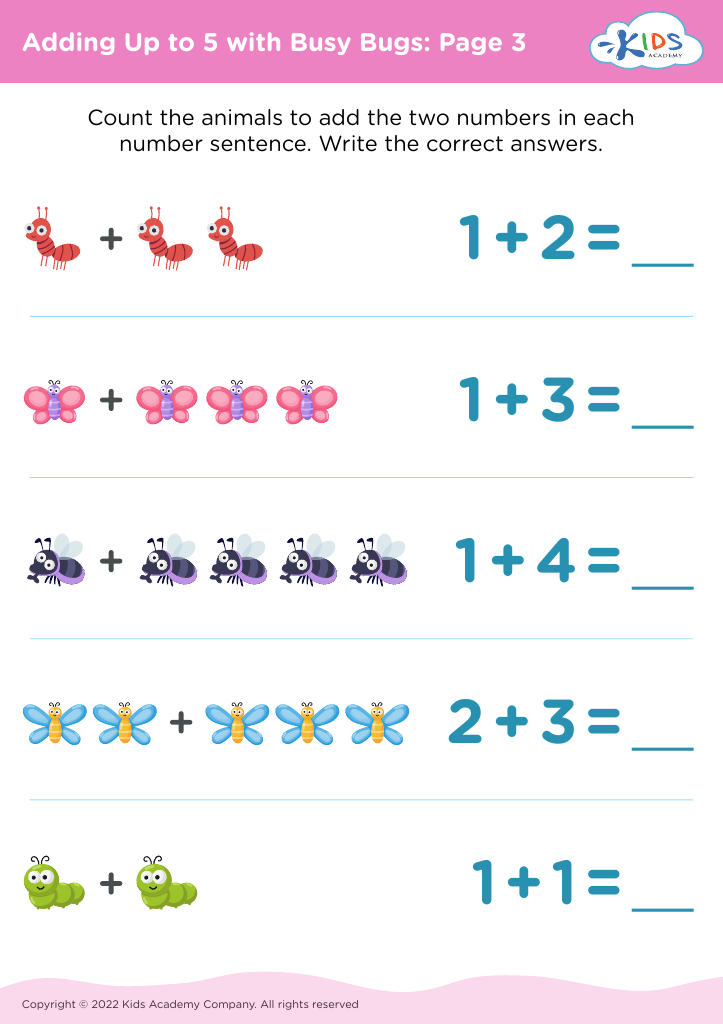
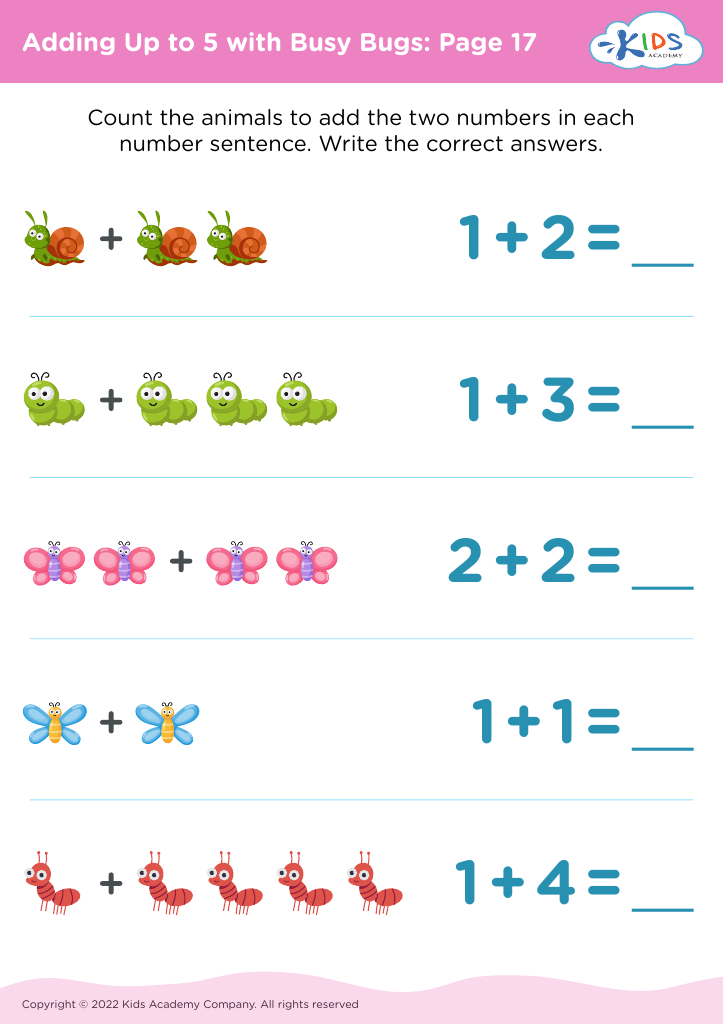





.jpg)










